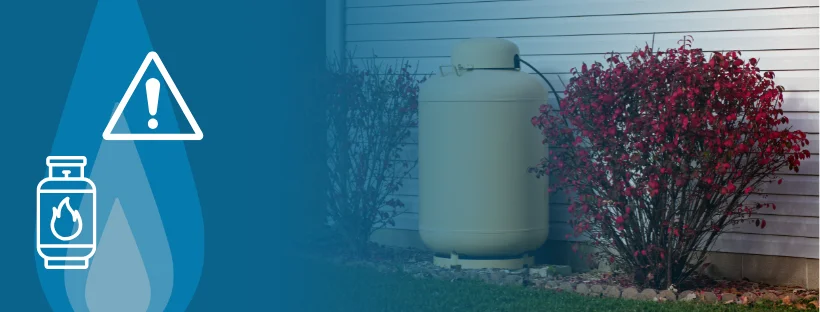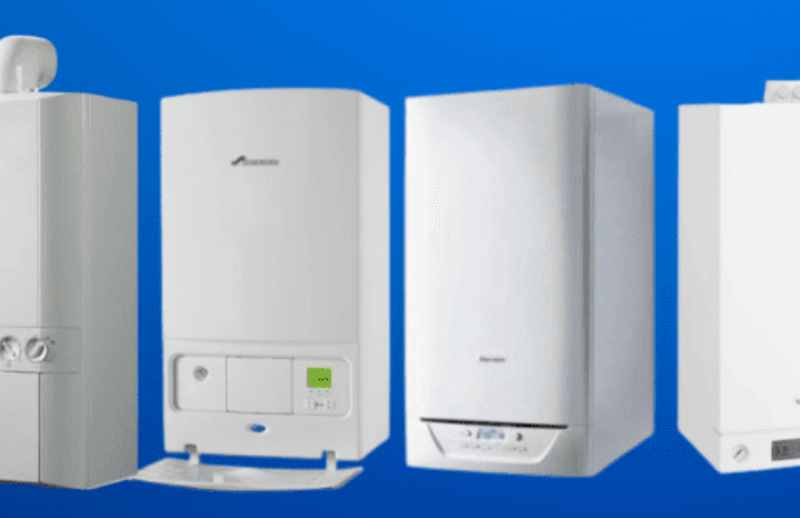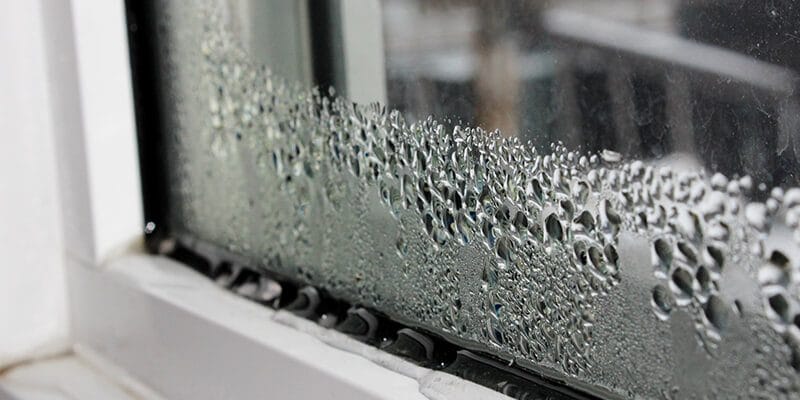A furnace uses air to distribute heat, while a boiler uses water (or steam). Furnaces are more common in areas with mild winters, as they can heat homes quickly and are less expensive to install. Boilers are preferred in colder climates for their even, consistent heat, especially with radiant floor or radiator systems.
Propane (LP gas) boilers are widely used across the United States as a convenient and efficient solution for home and building heating. However, because they operate through gas combustion, it’s essential to follow strict safety protocols to reduce the risk of gas leaks, fire, or carbon monoxide poisoning. Below are the key safety considerations, best practices, and inspection procedures recommended by U.S. regulatory and safety authorities.
Propane heaters, both indoor and outdoor models, require ventilation to ensure safe and efficient operation. Proper ventilation is crucial to prevent the buildup of carbon monoxide, a dangerous and odorless gas, and to maintain adequate oxygen levels.
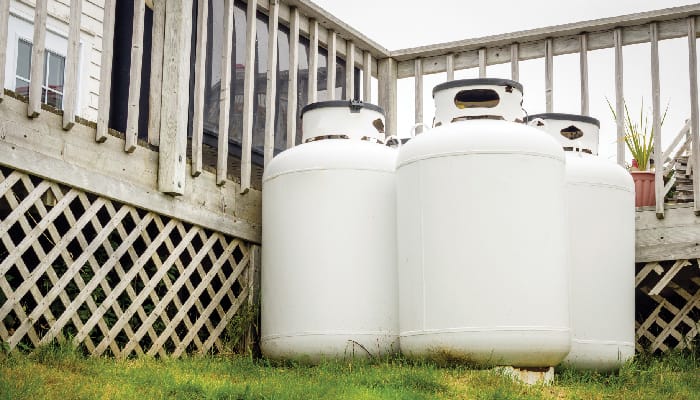
Key Safety Principles When Using a Gas Boiler
1. Professional Installation & Code Compliance
Gas boilers must be installed by licensed HVAC or plumbing professionals in accordance with NFPA 54 (National Fuel Gas Code), NFPA 58 (LP-Gas Code), local building codes, and state gas safety laws. Poor installation can lead to gas leaks, improper ventilation, or dangerous flue gas recirculation.
🔧 Tip: Make sure your contractor pulls permits and provides documentation of code compliance and pressure testing.
2. Annual Maintenance and Inspections
All gas boilers should undergo annual servicing by a certified technician. Maintenance should include:
- Combustion analysis (per ANSI Z21.1 specs)
- Cleaning of burner and heat exchanger
- Visual inspection for corrosion or blockages
- Leak check of gas lines using approved methods (e.g., soap test or electronic sniffer)
- Checking of venting systems, flue draft, and condensate drains
🗓 Recommended: Schedule your maintenance in early fall to ensure system readiness for heating season.
3. Carbon Monoxide (CO) Protection
Improper combustion or poor ventilation can lead to carbon monoxide (CO) accumulation, which is deadly and odorless.
- Install UL-listed CO detectors on every level of your home, especially near sleeping areas and the boiler room.
- Test alarms monthly and replace batteries every 6 months.
- Never ignore symptoms like headache, nausea, or dizziness when the heating system is running.
4. Proper Ventilation
Your boiler must be located in a well-ventilated area with proper air intake and flue exhaust. Venting must follow ICC International Mechanical Code (IMC) and manufacturer guidelines. Vent pipes should be inspected annually for corrosion, disconnection, or blockages.
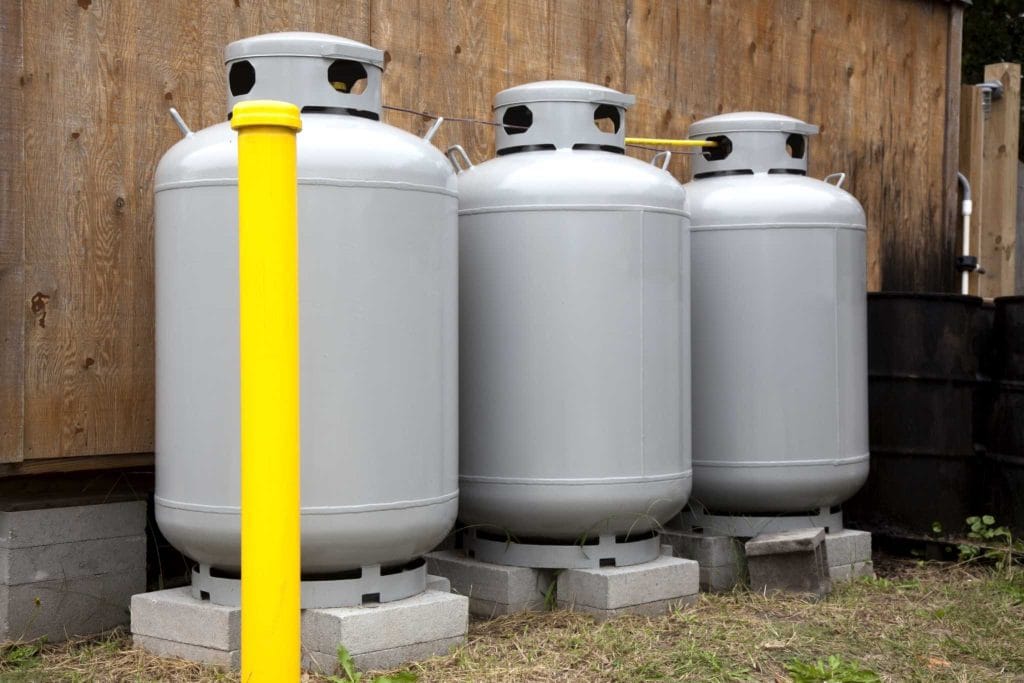
5. Safe Clearance and Storage
Maintain at least 18 inches (or per manufacturer’s spec) of clearance around the boiler. Never store:
- Flammable liquids (gasoline, solvents, etc.)
- Combustible materials (cardboard, fabrics, paper)
- Aerosols or propane tanks
🚫 Important: Do not install boilers in bathrooms or damp, poorly ventilated spaces.
Common Causes of Gas Leaks in Boilers
- Faulty installation (improper sealing, poorly connected gas lines)
- Aging components (valves, fittings, seals)
- Mechanical damage (impact or vibration loosening connections)
- Corrosion from condensation or water leaks
Preventive Measures:
- Hire only licensed gas contractors
- Use CSA- or UL-certified parts and components
- Inspect flexible gas connectors for cracks or damage
- Apply shut-off valves and pressure regulators rated for your system’s BTU output
Emergency Preparedness
1. Know the Signs of Trouble
- Rotten egg odor (mercaptan added to LP gas)
- Hissing or whistling near gas lines
- Sudden increase in gas usage
- Visible soot or yellow burner flame
2. If You Suspect a Leak:
- Do not operate electrical switches or ignite flames
- Turn off the gas supply at the shut-off valve
- Evacuate the building
- Call 911 or your local gas utility emergency line
3. Install Gas Detectors
Gas detectors that monitor methane, propane, and CO can provide an extra layer of protection. Make sure they meet UL 1484 or UL 2034 certification.
Fire Safety & Code Compliance
- Equip the boiler room with an ABC-rated fire extinguisher
- Install smoke alarms and test them monthly
- Maintain proper venting and exhaust clearances per code
- Install shut-off valves accessible in emergencies
- Comply with OSHA workplace regulations for boiler rooms in commercial settings
User Guidelines for Safe Operation
-
Read the Manufacturer’s Manual
Always follow the operational and safety instructions provided. Keep the manual accessible. -
Don’t Block Ventilation
Never cover vents or grilles on the boiler. -
Leave Repairs to Pros
DIY fixes on gas equipment are dangerous and void most warranties. -
Avoid Overheating the System
Monitor pressure and temperature gauges. Typical operating pressure should stay within 12–30 PSI, and water temperature below 180–200°F, unless otherwise specified. -
Create an Emergency Action Plan
Everyone in the household should know how to:- Shut off the boiler
- Recognize a gas leak
- Evacuate the building
- Call emergency services
The Benefits of Regular Maintenance
| Benefit | Description |
|---|---|
| 🔒 Improved Safety | Early detection of leaks, burner malfunctions, or exhaust issues |
| 💰 Lower Energy Bills | Optimized combustion and heat transfer save propane and reduce utility costs |
| 🛠 Extended Equipment Life | Reduces wear and tear, delays expensive replacements |
| 🧾 Warranty Compliance | Many manufacturers require annual service to maintain the warranty |
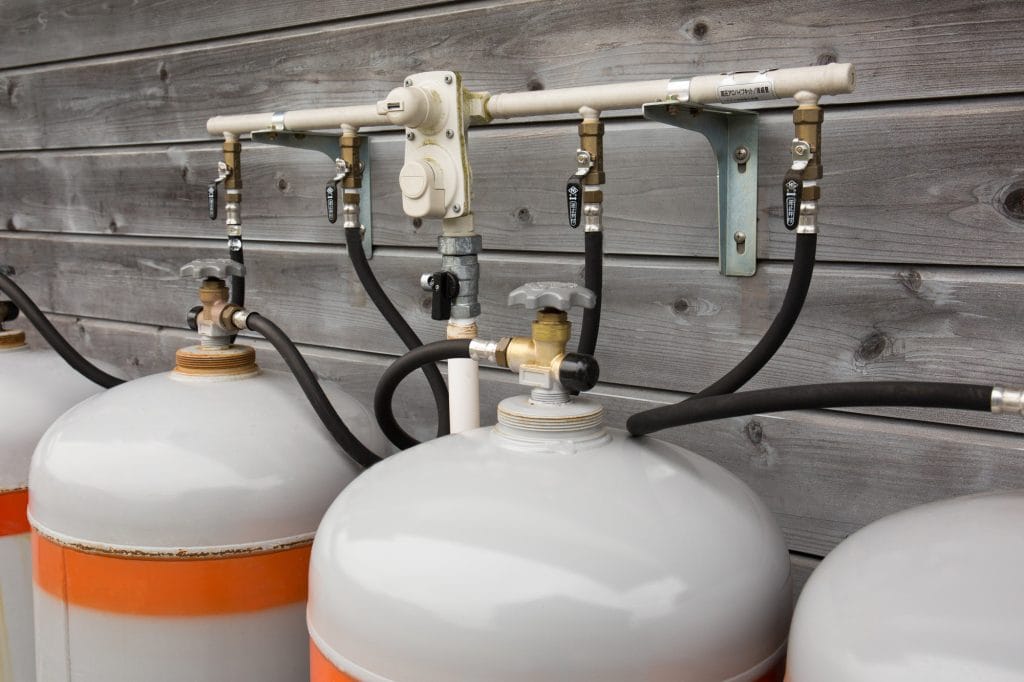
Final Thoughts
Gas boilers are highly efficient and dependable heating systems — but only when installed, maintained, and operated safely. By following U.S. safety standards, scheduling regular maintenance, and staying informed about gas and fire hazards, homeowners can enjoy warm, worry-free winters with peace of mind.
✔️ When in doubt, always consult a licensed HVAC technician. Safety isn’t optional — it’s essential.
